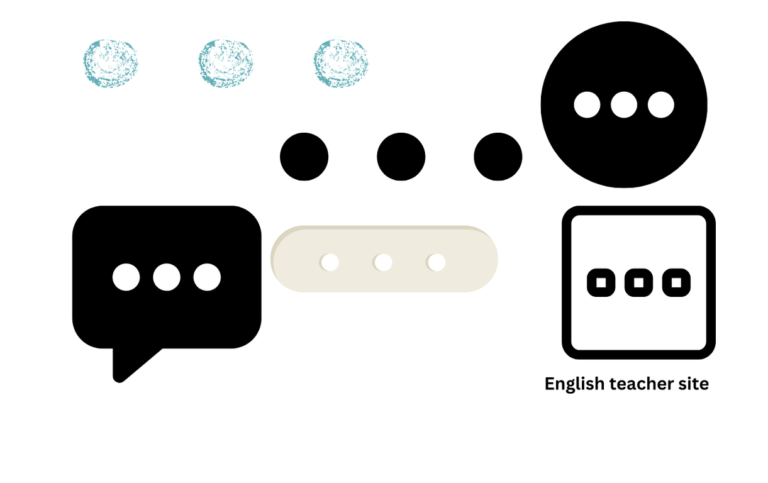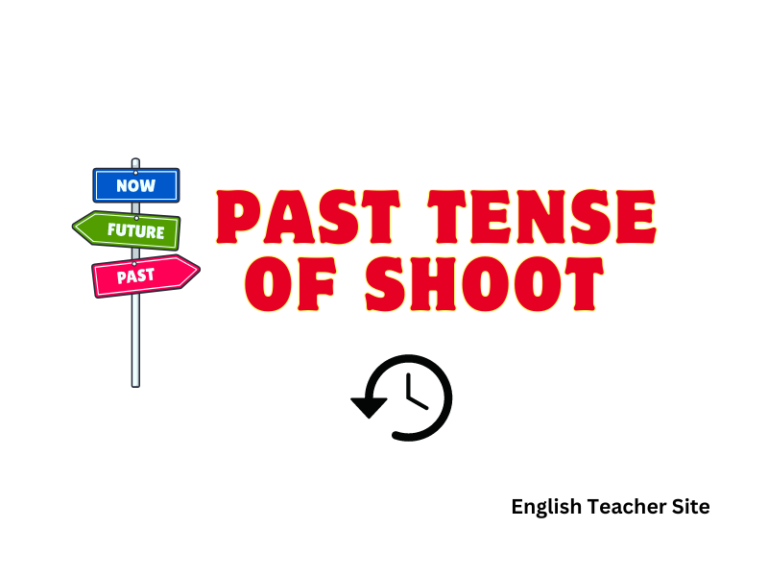Which is Correct: Loose or Lose? Understanding Weight Loss Terminology

- “Lose” is a verb meaning to fail to retain or to misplace, while “loose” is an adjective meaning not tight or free.
- The correct term for weight reduction is “lose weight,” not “loose weight.”
- Understanding the specific contexts in which to use “lose” and “loose” improves clarity in English expression.
The phrase “loose weight” is incorrect when referring to body mass reduction; the correct form is “lose weight.” This common confusion stems from their similar pronunciation but remembering their unique definitions and applications can help prevent this mistake. Recognizing which word to use can enhance both written and spoken English, allowing for clearer communication.
“Loose” vs “Lose”: Which is Correct?
“Loose” is an adjective that describes something not tightly fitted, secured, or contained. It can also serve as a verb meaning to release something from confinement or restraint. “Lose,” on the other hand, is a verb that signifies the action of no longer having something, whether it’s misplacing an object or failing to win.
To understand when to use each word, consider the following distinctions:
| Loose (Adjective/Verb) | Lose (Verb) |
|---|---|
| Meaning: Not tight or contained; to unleash | Meaning: To not find something; to be deprived of |
| Example: The knot was too loose. | Example: Did you lose your keys? |
Here’s a list of examples demonstrating the correct usage of each word:
- The screws in the table are loose; they need tightening.
- We must be careful not to lose this game.
In the context of weight loss, the correct phrase is “lose weight,” not “loose weight.” When discussing fitness goals, remember:
- Incorrect: I want to loose weight this summer.
- Correct: I am trying to lose weight this summer.
Distinguishing Between “Loose” and “Lose”
When writing or speaking in English, choosing the correct word between “loose” and “lose” is crucial for clear communication. “Lose” refers to the verb that denotes the action of failing to retain something or not winning. On the other hand, “loose” is most commonly used as an adjective that describes something not tightly fitted or secured.
Usage of “Lose”
- Verb: to fail to win
- Examples:
- She did not want to lose the competition.
- He is always careful not to lose his keys.
Usage of “Loose”
- Adjective: not fixed in place; not tight
- Verb (less common): to release
- Examples:
- The knot was too loose to hold anything.
- You need to loose the dog from its leash.
| Correct Usage | Incorrect Usage |
|---|---|
| Lose weight | Loose weight |
| Lose a match | Loose a match |
Sentences Demonstrating the Verb “Lose”
Below are correct uses of the verb “lose” in various sentence structures:
In Simple Present Tense:
- She loses her keys often.
- He always loses patience in traffic.
In Simple Past Tense:
- They lost the soccer match last weekend.
- She lost her earring at the party.
With Direct Objects:
- He must not lose his passport before his trip.
- The team cannot afford to lose another game.
Present Perfect Tense:
- They have lost their way in the city before.
Future Tense:
- She will lose access to her account if she doesn’t act quickly.
Here are two tables that outline the verb tense of “lose” and its use in negative sentences:
| Verb Tense | Example |
|---|---|
| Present | He loses focus. |
| Past | She lost her phone yesterday. |
| Future | They will lose interest if the game is delayed. |
And in negative constructions:
| Tense | Negative Construction |
|---|---|
| Present | She does not lose hope easily. |
| Past | He did not lose the receipt. |
| Future | They will not lose the chance to compete. |
The correct form is “lose weight,” not “loose weight.” Here are a couple more examples for emphasis:
- They’re hoping not to lose sight of their goals.
- Do not lose your ticket, or you won’t be able to enter the event.
- After years of hard work, they did not want to lose their standing in the competition.
Sentences Employing the Adjective “Loose”
Here are examples illustrating proper usage:
- The kitten pawed at the strings, leaving my shoelaces loose.
- She wore a beautiful blouse with loose sleeves that fluttered in the breeze.
Understanding “Loose” in Context
| Incorrect Usage | Correct Usage |
|---|---|
| Loose the game | Lose the game |
| Loose weight | Lose weight |
Common Phrases with “Loose”
- The screws in the shelf are loose, which could be a safety hazard.
- After the presentation, employees were able to engage in loose informal discussions.
Synonyms for “Lose”
Misplacing Items or Becoming Deprived
| Synonyms | Usage in a Sentence |
|---|---|
| Misplace | She misplaced her keys somewhere in the office. |
| Forfeit | He had to forfeit his property due to legal issues. |
| Squander | They squandered their family fortune through reckless spending. |
Failing to Win
| Synonyms | Usage in a Sentence |
|---|---|
| Defeated | The team was defeated in the final minutes of the match. |
| Overcome | She was overcome by her more experienced opponent. |
| Succumb | After hours of resistance, he finally succumbed to defeat. |
In a competitive context, “lose” can be represented by:
- Concede: to acknowledge defeat in a contest.
- Be vanquished: to be thoroughly defeated.
While in the sense of wasting opportunities or misusing resources, “lose” can translate to:
- Waste: to fail to use something valuable in a proper way.
- Expend (without return): to use up resources or energy with no tangible result.
Synonyms for “Loose”
As an Adjective:
When “loose” is used to describe an object that is not securely attached or is free from tension, one can choose from a variety of synonyms.
| Synonyms | Contextual Usage |
|---|---|
| Slack | A slack rope hangs without tension. |
| Unsecured | An unsecured lid may easily come off. |
| Lax | Lax security measures lead to vulnerabilities. |
| Relaxed | Fabric with a relaxed fit provides comfort. |
| Unrestrained | An unrestrained animal can roam freely. |
As a Verb:
Alternatively, when “loose” functions as a verb indicating the act of freeing or unleashing, the following synonyms are suitable.
| Synonyms | Contextual Usage |
|---|---|
| Release | They release the bird into the wild. |
| Unfasten | Please, unfasten your seatbelts. |
| Liberate | The program aims to liberate captive animals. |
| Untie | Untie the boat before setting sail. |
| Disengage | Disengage the safety lock before use. |
- Other Notable Synonyms:
- Detached: The handle came off because it was detached.
- Loosened: Over time, screws can become loosened.
- Unbound: Freedom is often symbolized by unbound chains.
- Unfixed: The schedule is unfixed and subject to change.
- Unshackled: In a metaphorical sense, one can feel unshackled from stress.
Exploring Idioms with “Loose”
At loose ends refers to a state of not knowing what to do, often because of boredom or restlessness.
- On the loose implies that someone or something is free, escaped, or not under control.
Table 1: Common idioms with “loose” and their meanings
| Idiom | Meaning |
|---|---|
| At loose ends | Having nothing to do; unsettled |
| On the loose | Free and not controlled |
Table 2: Examples of idioms with “loose” in sentences
| Idiom | Example Sentence |
|---|---|
| At loose ends | After retiring, he found himself at loose ends, unsure of how to spend his newfound time. |
| On the loose | The news reported that a dangerous animal was on the loose near the town. |
- Loose lips sink ships is a famous wartime saying used to advise against unguarded talk.
To let loose means to express oneself freely or to release something from restraint.
Unveiling the Origin of “Lose” and “Loose”
“Lose” originates from Old English losian, which means to become lost. In Middle English, this evolved into losen or lesen, carrying the meaning of losing something or someone. As the language developed, “lose” maintained its role as a verb with specific contexts:
- To fail to win
- To misplace or be unable to find
- To suffer a loss
“Loose,” on the other hand, comes from the Old Norse lauss, meaning free or untied. In Middle English, it appeared as lose or lous, eventually becoming “loose” and acquiring different usages as an adjective, verb, and, less commonly, as a noun or adverb:
- As an adjective: not firmly or tightly fixed in place
- As a verb: to release or set free
Below, two tables illustrate the origins and meanings to offer clarity on the subject:
Table 1: Origin of “Lose” and “Loose”
| Word | Origin | Language of Origin |
|---|---|---|
| Lose | losian | Old English |
| Loose | lauss | Old Norse |
Table 2: Meanings of “Lose” and “Loose”
| Word | Part of Speech | Meanings |
|---|---|---|
| Lose | Verb | To fail to win; to misplace |
| Loose | Adjective | Not firmly fixed; not tight |
| Loose | Verb | To release; to set free |
Sources
3. Harper, Douglas. “Etymology of lose.” Online Etymology Dictionary, .
4. Harper, Douglas. “Etymology of loose.” Online Etymology Dictionary.
My name is Khamis Maiouf. I am the creator of the English Teacher Site, dedicated to providing valuable resources and insights for students around the world. With a passion for education and a commitment to helping students enhance their skills, I aim to make English teaching more effective and enjoyable for both educators and students.






